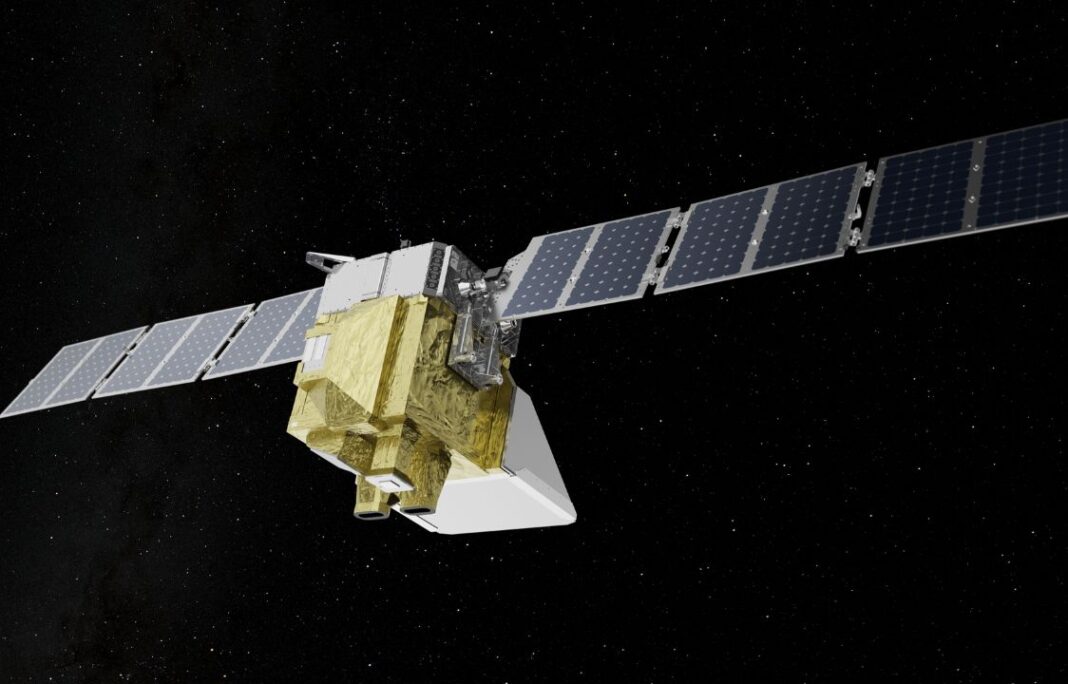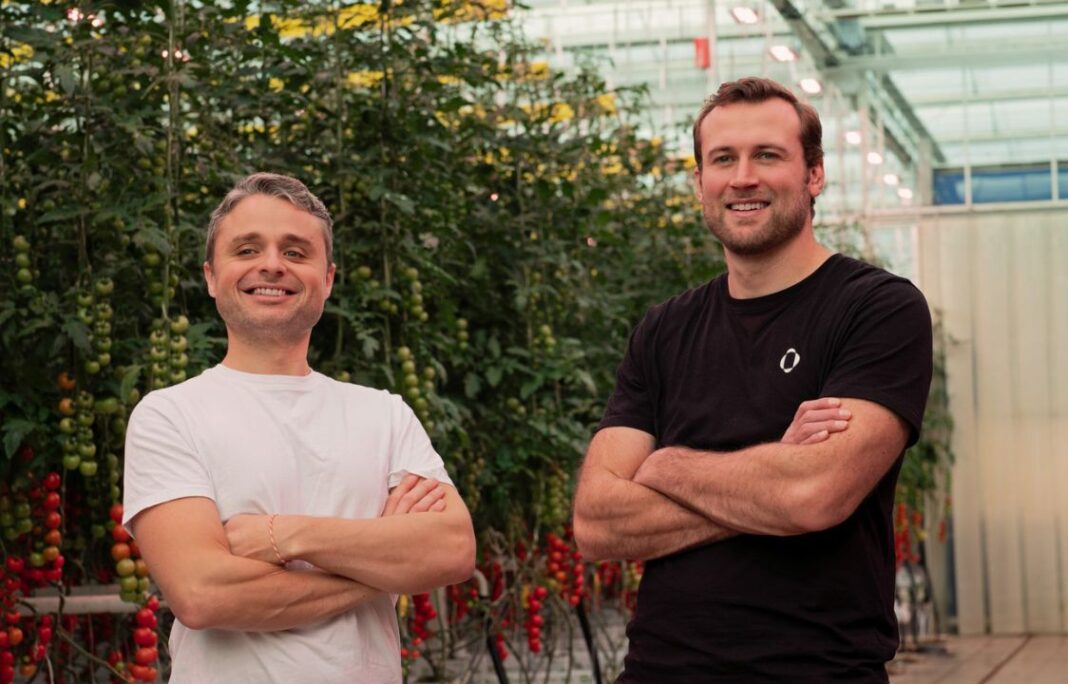Austin-based MethaneSAT is on a mission to measure methane emissions to protect the climate and is set to lift off aboard a SpaceX Falcon9 rocket with a mission to combat climate change.
The satellite aims to safeguard the Earth’s climate by accelerating the reduction of methane, a potent greenhouse pollutant. Its primary focus is on monitoring and addressing methane emissions from oil and gas operations.
MethaneSAT, created by an Environmental Defense Fund (EDF) subsidiary, quantifies methane emissions over wide areas, identifying major emitters.
Data from MethaneSAT allows real-time emission tracking for companies and regulators, offering stakeholders free access to compare results against environmental goals and obligations.
EDF President, Fred Krupp, says, “Cutting methane pollution from fossil fuel operations, agriculture and other sectors is the single fastest way to slow the rate of warming as we continue to decarbonise our energy systems.”
“To do that requires comprehensive data on this pollution on a global scale. MethaneSAT will show us the full scope of the opportunity by tracking emissions to their source.”
MethaneSAT’s partners include EDF, Harvard University, the Smithsonian Astrophysical Observatory, and the New Zealand Space Agency.
With over 70 experts globally, the team specialises in spaceflight, remote sensing, and data analytics. The satellite was built by BAE Systems, Inc. and Blue Canyon Technologies in Colorado.
Measuring methane emissions to protect our climate
In 2018, Fred Krupp introduced MethaneSAT during a TED Talk as part of the TED Audacious Project.
Environmental Defense Fund (EDF), a player in methane science and solutions for over a decade, highlighted the issue by organising 16 independent studies. These studies revealed that US oil and gas supply chain methane emissions were 60 per cent higher than EPA estimates at the time. MethaneSAT directly emerged from these efforts.
Steven Hamburg, EDF Chief Scientist and MethaneSAT project leader, says, “MethaneSAT’s superpower is the ability to precisely measure methane levels with high resolution over wide areas, including smaller, diffuse sources that account for most emissions in many regions.”
“Knowing how much methane is coming from where and how the rates are changing is essential.”
MethaneSAT, orbiting the Earth 15 times daily, possesses high sensitivity, measuring changes in methane concentrations as small as three parts per billion. This allows MethaneSAT to comprehensively capture the complete emissions landscape.
According to MethaneSAT, these capabilities mark a new era of transparency for the industry. The interactive emissions data, accessible to everyone, will be provided directly through www.MethaneSAT.org and on Google Earth Engine—a geospatial data platform utilised by over 100,000 experts and analysts worldwide.
MethaneSAT is made possible by EDF donors and a partnership with the Government of New Zealand, with contributions from the Bezos Earth Fund, Arnold Ventures, the Robertson Foundation, and the TED Audacious Project.
“You can’t manage what you can’t measure”
In December, EDF collaborated with Bloomberg Philanthropies, the International Energy Agency, RMI, and the UN Environment Programme’s International Methane Emission Observatory for a new initiative that aims to enhance accountability for methane management among companies and governments.
Michael R. Bloomberg, UN Secretary-General’s Special Envoy on Climate Ambition and Solutions and Founder of Bloomberg LP and Bloomberg Philanthropies, says, “You can’t manage what you can’t measure, and that’s certainly true when it comes to cutting methane, one of the biggest drivers of climate change.”
“Data from this satellite will help us to better measure methane emissions and target their sources, bringing more transparency to the problem, giving companies and investors the information they need to take action, and empowering the public to hold people accountable.”
MethaneSAT will enable global comparisons of emission loss rates in major oil and gas regions, tracking performance over time. Specially developed analytics trace emissions back to their sources within targeted regions.
Mark Brownstein, EDF’s Senior VP of Energy Transition, says, “We have consistently seen the power of strong data to win robust regulatory safeguards and better operating practices in the industry. Good science lays the groundwork for better decisions.”
The need for accurate emissions reporting
In January, the Biden Administration proposed rules for a fee on excess methane emissions, emphasising the need for accurate emissions reporting.
European legislation agreed upon in November outlines a trajectory toward demanding empirical emissions data from gas importers.
Simultaneously, Japan and Korea, two major LNG buyers, have initiated plans to mandate emissions data from their suppliers.
MethaneSAT monitors and ensures compliance with methane standards in national policies and trade agreements, to ensure targets are being met, and make clear where claimed reductions fall short.
More than 150 countries have committed to the Global Methane Pledge, aiming to reduce collective methane emissions by at least 30 per cent from 2020 levels by 2030.
Additionally, during COP28, over 50 companies endorsed the Oil & Gas Decarbonisation Charter, pledging to virtually eliminate methane emissions and routine flaring in the pursuit of climate goals.






